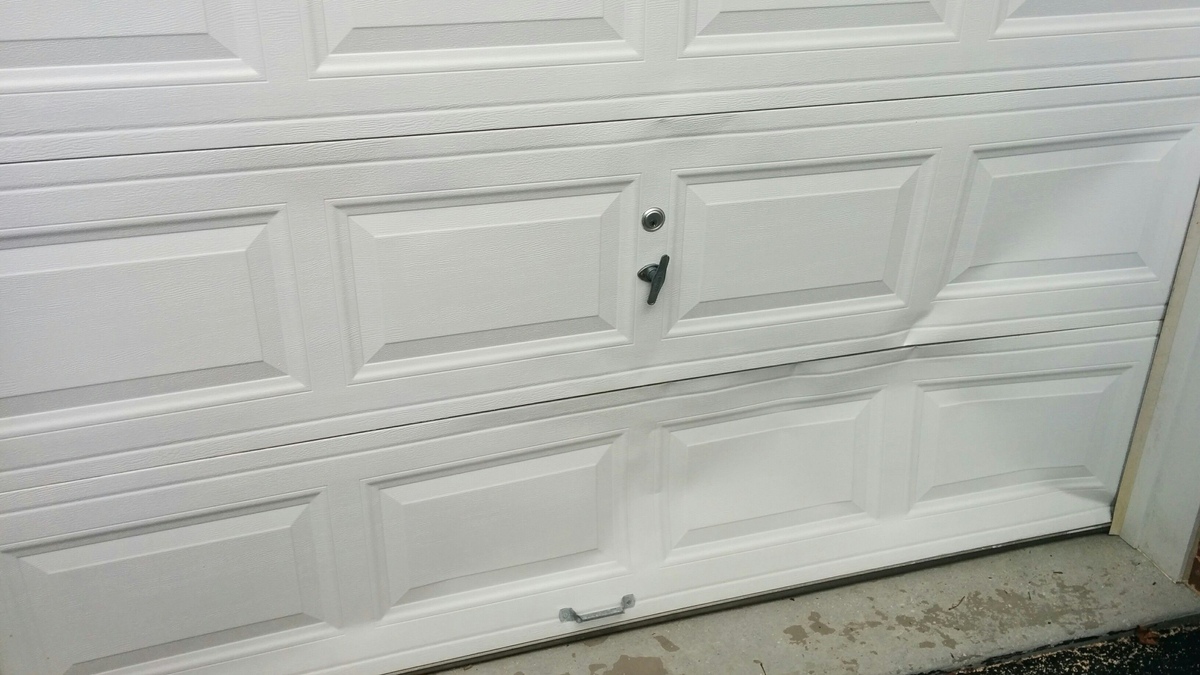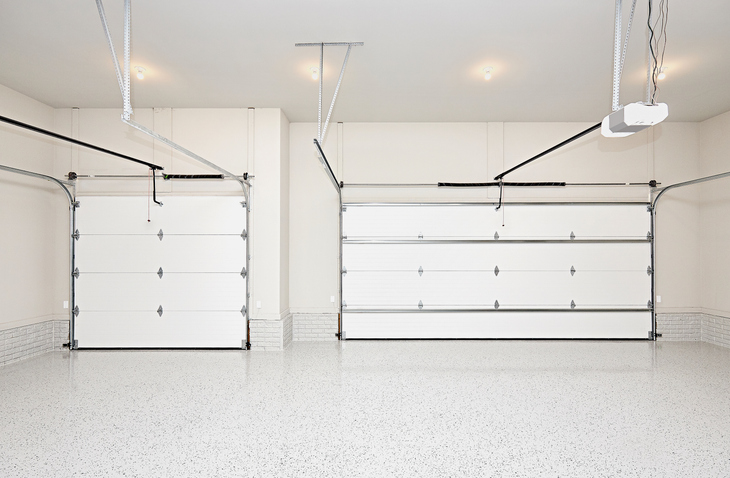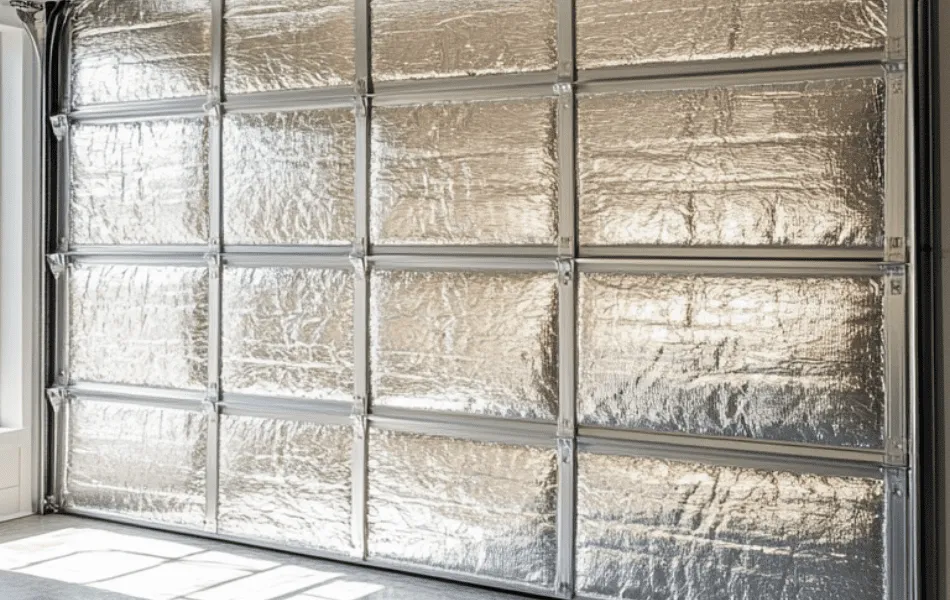If you’re a homeowner facing the problem of a rotted garage door panel, you’re not alone. **Garage doors** are exposed to various elements, and over time they can deteriorate, especially the wooden panels. Knowing how to repair rotted garage door panel can not only save you money but also prolong the life of your garage door. In this article, we’re going to provide a comprehensive guide on how to address this issue efficiently and effectively.

Understanding the Problem
What Causes Wood Rot?
Wood rot is primarily caused by moisture and fungi. When wood is exposed to moisture over time, it becomes a breeding ground for fungi which leads to decay. Identifying the root cause of the rot is an essential step before proceeding with the repair.
Signs of a Rotted Garage Door Panel
Common signs include discoloration, soft or spongy wood, and a musty odor. If you notice any of these signs, it’s time to inspect your garage door panels closely.
Materials Needed for Repair
- Replacement wood or panel
- Wood hardener
- Chisel and Hammer
- Sandpaper
- Paint and Primer
- Wood filler
- Screwdriver
- Measuring Tape
Step-by-Step Guide to Repairing Rotted Garage Door Panels
Step 1: Assess the Damage
Begin by thoroughly inspecting the garage door panel to assess the extent of the rot. This determines whether you need a full replacement or just a repair.
Step 2: Remove the Rotted Wood
Using a chisel and hammer, carefully remove the decayed parts of the wood. Ensure you remove all the rotted sections to prevent further spread of fungi.
Step 3: Apply Wood Hardener
To strengthen the remaining wood, apply a wood hardener. This product penetrates the wood fibers and reinforces them, providing a sturdy base for the repair.
Step 4: Fill the Gaps
Use wood filler to fill the gaps and holes left by the removal of the rotted wood. Smooth it out with a putty knife and let it dry completely.
Step 5: Sand the Surface
Once the filler is dry, sand the surface to ensure it’s level and smooth. This prepares the panel for painting and priming.
Step 6: Prime and Paint
Apply a primer to the repaired area to protect it from future moisture. Once the primer is dry, paint the panel to match the existing door color. This not only makes it aesthetically pleasing but also adds a layer of protection.
Preventative Measures to Avoid Future Rot
Regular Maintenance
Regularly inspect your garage door panels for signs of decay. Early detection and repair can prevent extensive damage. A guide on regular maintenance can be very helpful.
Proper Sealing
Ensure that your garage door panels are properly sealed to prevent water intrusion. This includes sealing gaps and applying weather-resistant paint.
Ventilation
Proper ventilation in your garage can significantly reduce moisture levels, preventing the onset of wood rot.
When to Seek Professional Help
If the damage is extensive or you are unsure about your DIY skills, it might be best to consult a professional. They can assess the damage and provide a long-lasting solution.
Conclusion
Repairing a rotted garage door panel can be a manageable task with the right tools and knowledge. By following this guide, homeowners can restore their garage doors and e xtend their lifespan. For more tips on maintaining and repairing garage doors, check out this article on common garage door problems.
xtend their lifespan. For more tips on maintaining and repairing garage doors, check out this article on common garage door problems.
FAQ Section
How can I tell if my garage door panel is rotted?
Signs of rot include discoloration, a musty smell, and soft or spongy wood. Regular inspections can help detect these signs early.
Is it necessary to replace the entire panel?
Not always. If the rot is localized, you may only need to replace or repair the damaged section. Assessing the damage thoroughly will help you decide the best approach.
Can I prevent wood rot in garage door panels?
Yes. Regular maintenance, proper sealing, and good ventilation can significantly reduce the chances of wood rot. For more details, refer to this guide on preventing wood rot.










